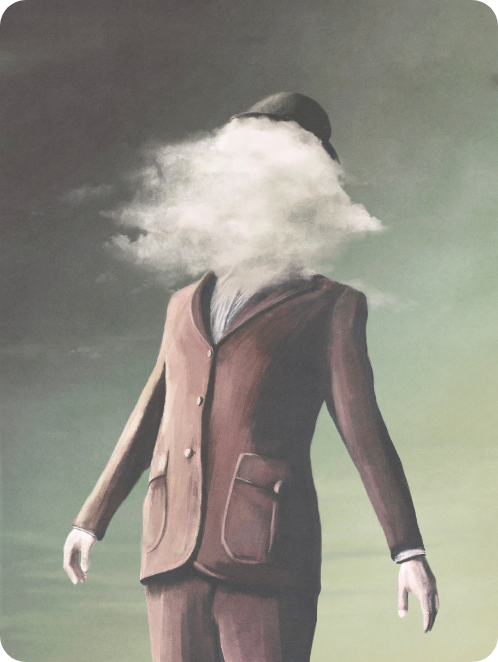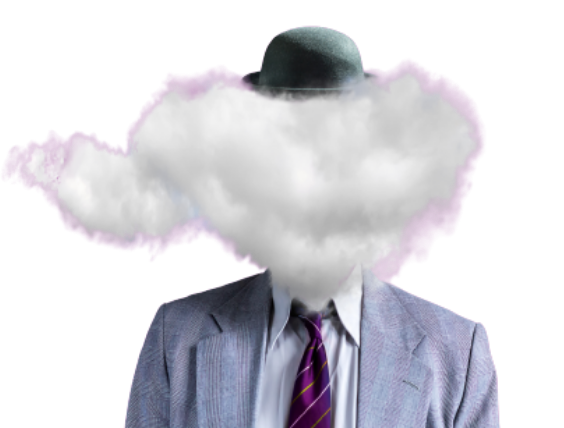
uNHIdden is a non-profit foundation, medically led by doctors and clinical psychologists.
Our mission is to reduce stigma, encourage compassionate conversations and promote care and support for people affected by Unidentified Anomalous Phenomena (UAP).
We focus on both the health and mental health impacts of these experiences, as well as their wider psychological and societal effects. This includes the anxiety and disorientation –sometimes called ontological shock– that can follow. We treat ontological security not just as a cultural issue, but as a matter of public health and national resilience.
The Unhidden Foundation (“uNHIdden”) is a non-profit organisation established to promote education, understanding, improved health, and research relating to Unidentified Anomalous Phenomena (UAP) for the public benefit.
Our work includes:
- Reducing stigma and making it easier for people to talk openly about UAP.
- Promoting care and support for experiencers and others affected by the UAP topic.
- Encouraging trusted narratives from governments and institutions, to build clarity, confidence and public trust.
- Engaging with health providers, professional bodies and mental health charities to raise awareness of the health implications.
- Developing strategies to manage ontological shock and strengthen societal resilience in the face of disruptive truths.
- Collaborating with other credible organisations to promote constructive action on UAP and disclosure.


In 1961, sociologist Anthony Giddens described ontological security as the sense of order and continuity people need to make meaning of their lives. When events occur that disrupt this framework, ontological shock can result.
A revelation about the existence of Unidentified Anomalous Phenomena (UAP) – or their implications – could trigger such a shock, with profound consequences for individuals, communities and society as a whole.
Developing strategies to help manage and mitigate ontological shock is therefore a key priority for uNHIdden.
“First, I would like to know what I saw. But secondly, I want validation. I want to know that people take what I am telling them seriously.”
David Pearce, Experiencer. South Wales, UK.
“I could have screamed with frustration, I wanted to tell him [the doctor] the truth but knew that it would make my situation even worse. It was better to let him think I was a liar than to say what really happened and risk having the words ‘mental illness’ added to my notes.”
Author Paul Sinclair, writing in ‘Night People’
“Your whole world view shatters. It makes you wonder what else is real. I keep asking, ‘am I living a lie?’”
Mario Pavlovich, Experiencer. Edmonton, Canada
uNHIdden encourages open and supportive conversations about UAP. By approaching the topic with compassion and empathy, we can reduce the shame and stigma that often surround these experiences. This makes it easier for people to share what they have seen and, when needed, to seek help and support – including from their doctor.

